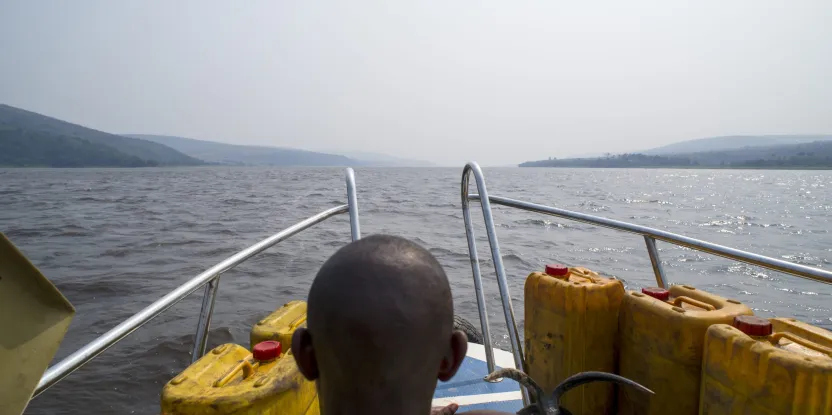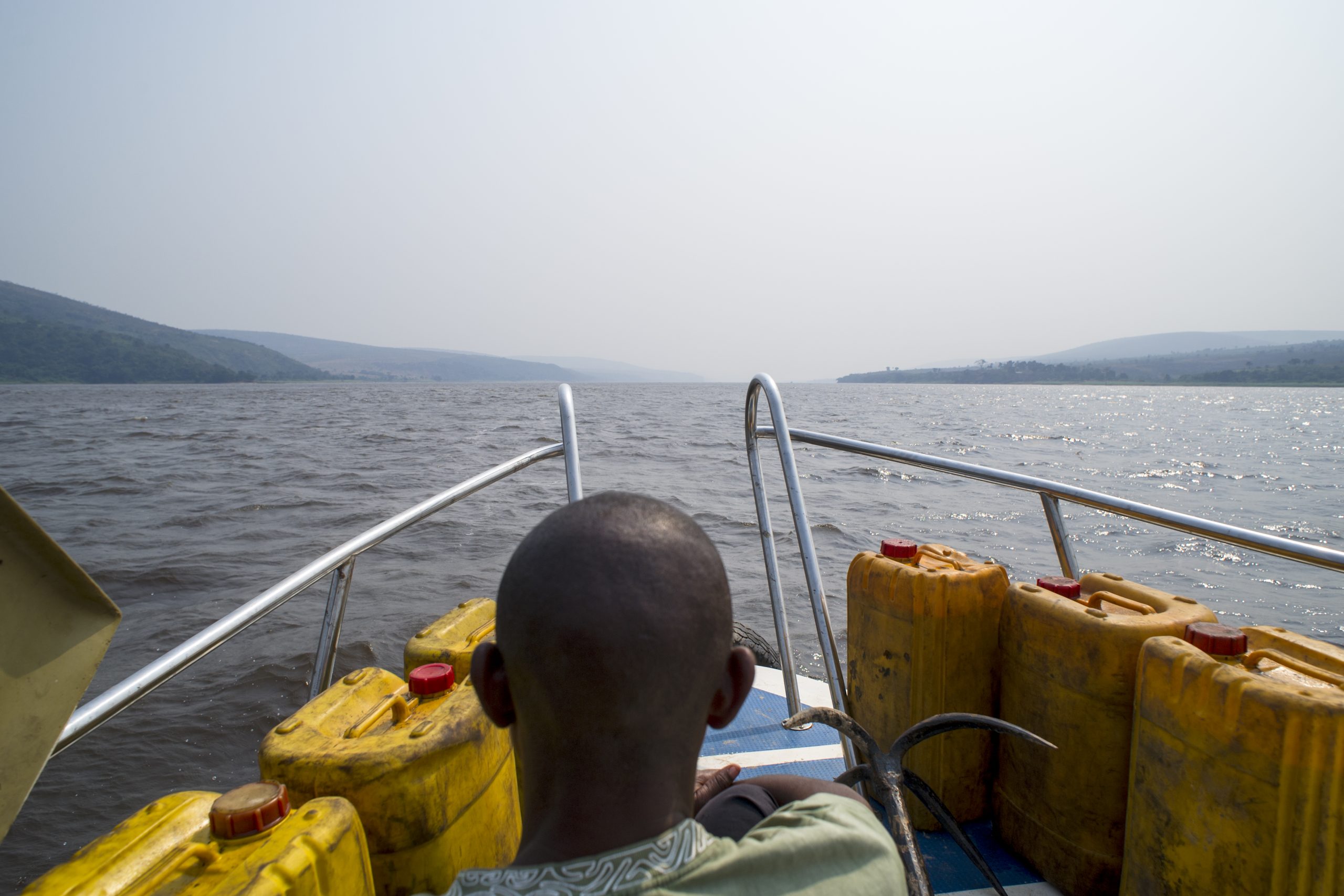Description
The project takes place in the Yangambi Engagement Landscpae (YEL) and it focusses on household nutrition and food security. Specifically, the project aims to improve food security and nutrition through collaboration and local stakeholder engagement, Implementing the Food Tree and Crops Portfolio Approach and through policy advocacy.
CIFOR-ICRAF has applied its Food Tree and Crop Portfolios approach in several locations in Africa. It helps families have a source of year-round nutrition on their farms by selecting and growing a portfolio of trees along with nutrient-rich annual crops such as pulses, vegetables, and staples. Helping households choose at least 10 tree species can ensure they have always micronutrient rich foods, with at least one fruiting at any time. The portfolios comprise both native and exotic species which together can also support income generation through market opportunities. While trees take time to bear fruit, other annual crops ensure a swifter return on harvest for smallholders. Native species are important because they are more adapted to their landscapes, increasing resilience. The opportunity for native food tree species has not been sufficiently explored or harnessed; they have huge potential to diversify fruit and nut availability, respond to seasonal harvest gaps, and provide much needed micronutrients in diets, particularly in lean months when food stocks are low.























